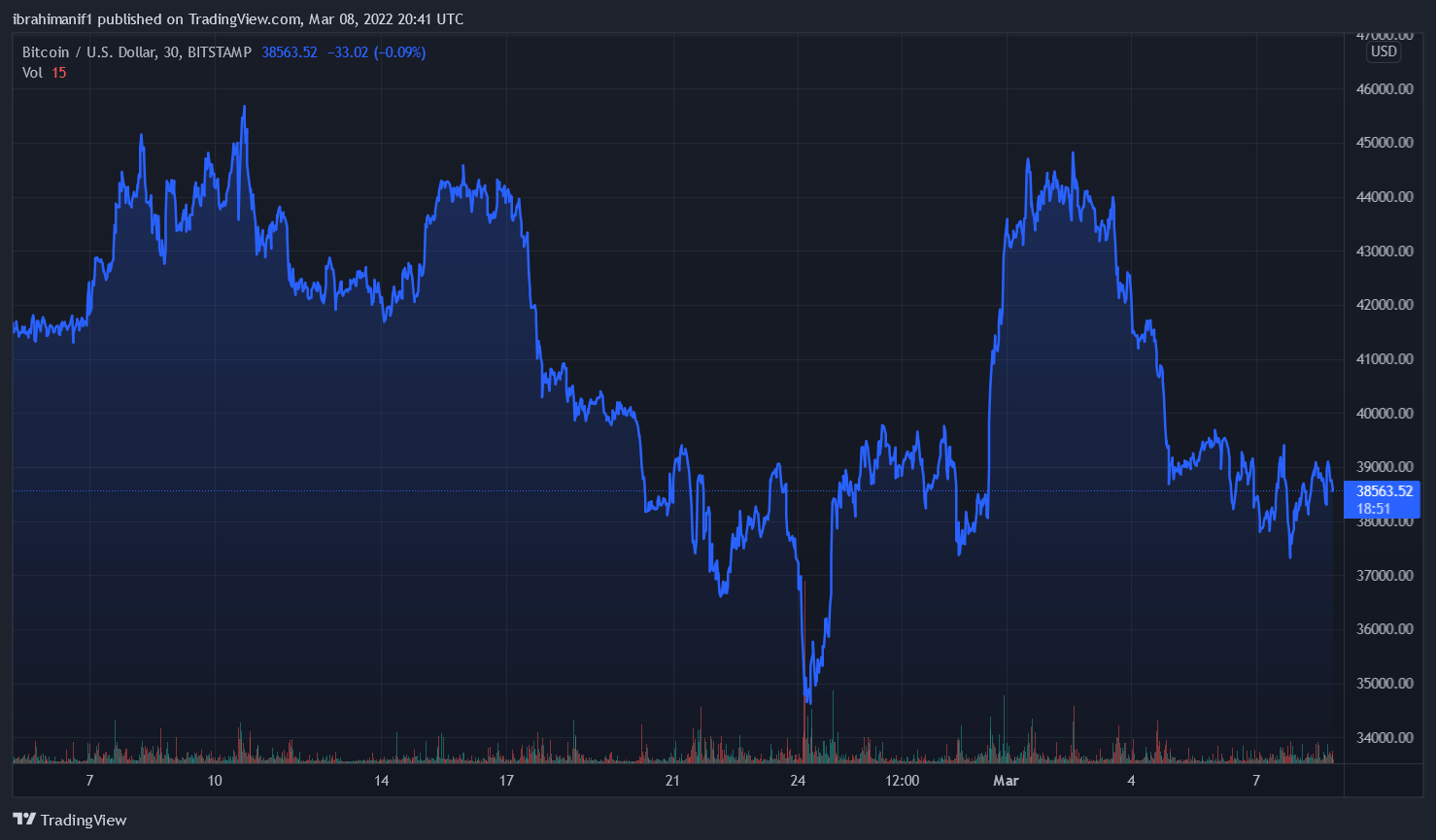- March 8, 2022
- Posted by: admin
- Category: BitCoin, Blockchain, Cryptocurrency, Investments
Thailand’s government announced Tuesday that trade in digital assets is free from value-added tax, as part of a plan to upgrade the country’s payments infrastructure.
Thailand’s Government Gives Tax Breaks
Finance Minister Arkhom Termpittayapaisith told a press conference that the rules will allow traders to credit annual losses against gains for taxes due on cryptocurrency investments, and will exempt cryptocurrency trading on recognized exchanges from a 7% value-added tax.
According to him, the tax exemption will include trading of retail central bank digital currency to be issued by the central bank from April 2022 to December 2023.
Finance Minister Arkhom Termpittayapaisith said:
“This issue will allow Thai investors to trade digital assets on a reliable Thai exchange because it is under the supervision of the SEC and other related government agencies, it enables Thailand to have a future payment infrastructure ready for the digital economy.”
Direct and indirect investments in startups will be eligible for tax cuts, with investors who invest for at least two years in a firm receiving a 10-year tax break, until June 2032, according to Termpittayapaisith.
Related article | Why The IRS Sees “Mountains Of Fraud” In Crypto And NFTs
“This will help support Thai startups to raise more capital from investors and strengthen domestic investment. This will enable the economy to expand sustainably and enhance the country’s competitiveness,” he said.

BTC/USD trades at $38k. Source: TradingView
Termpittayapaisith explained that digital asset trading relief “will help investors in digital assets to be comfortable in performing their legal duties and get fairer in paying more taxes.” He continued to explain the benefits of this relief, including “help investors trade digital assets that take place on Thai exchanges to be reliable, safe, and give people the option to use cryptocurrencies in the future.”
Thailand’s digital assets have developed rapidly in the last year, with trading accounts increasing from 170,000 in January to almost 2 million by the end of 2021, according to a ministry spokesman.
Following a backlash from traders, the government abandoned a proposed 15% tax on cryptocurrency earnings in January.
The new tax regulations could serve as a model for other countries considering enacting some sort of crypto taxes. After the Indian government announced a 30% tax on crypto holdings without accounting for traders’ losses, Indian crypto traders have demanded something similar.
Related Reading | U.S. Introduced Crypto Tax Fairness Act to Adopt Crypto As Payment Method
Featured image from Pixabay, chart from TradingView.com